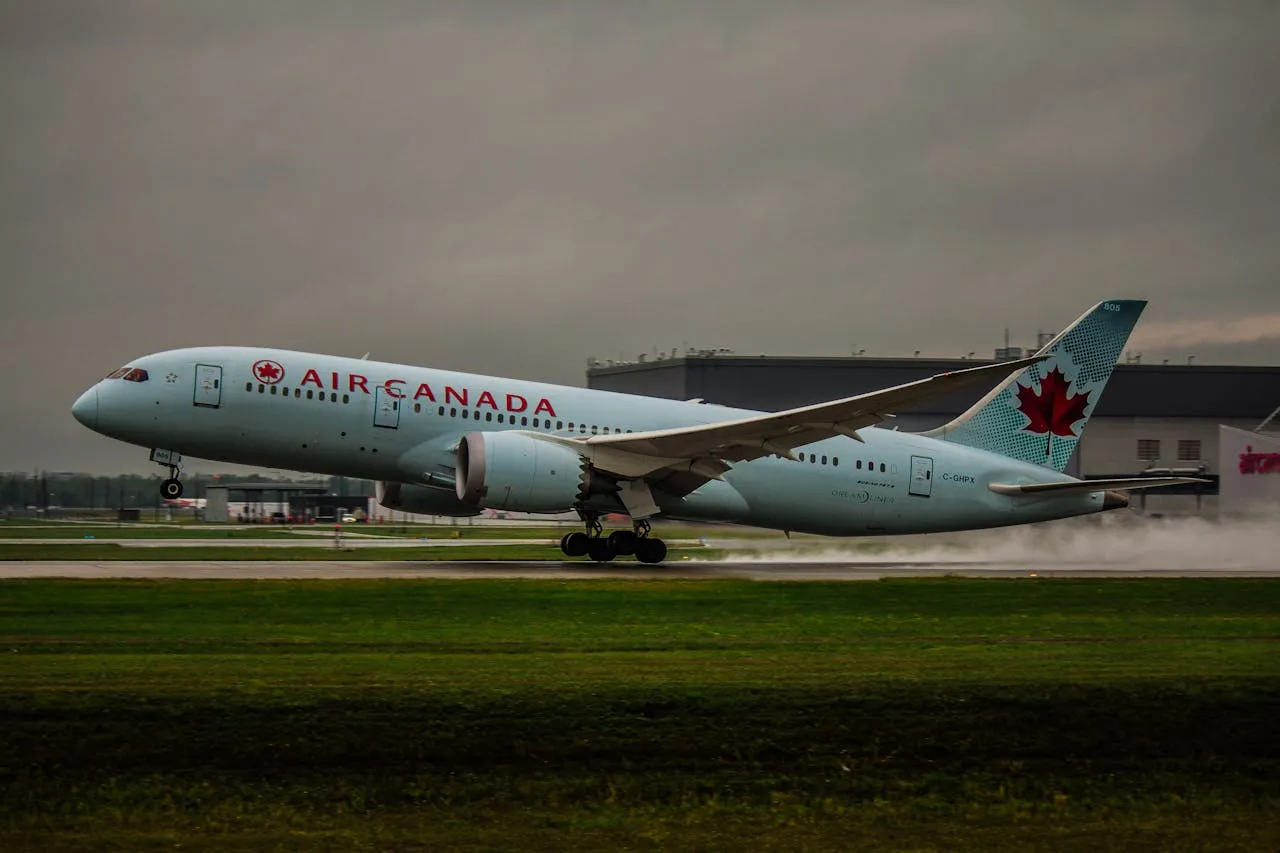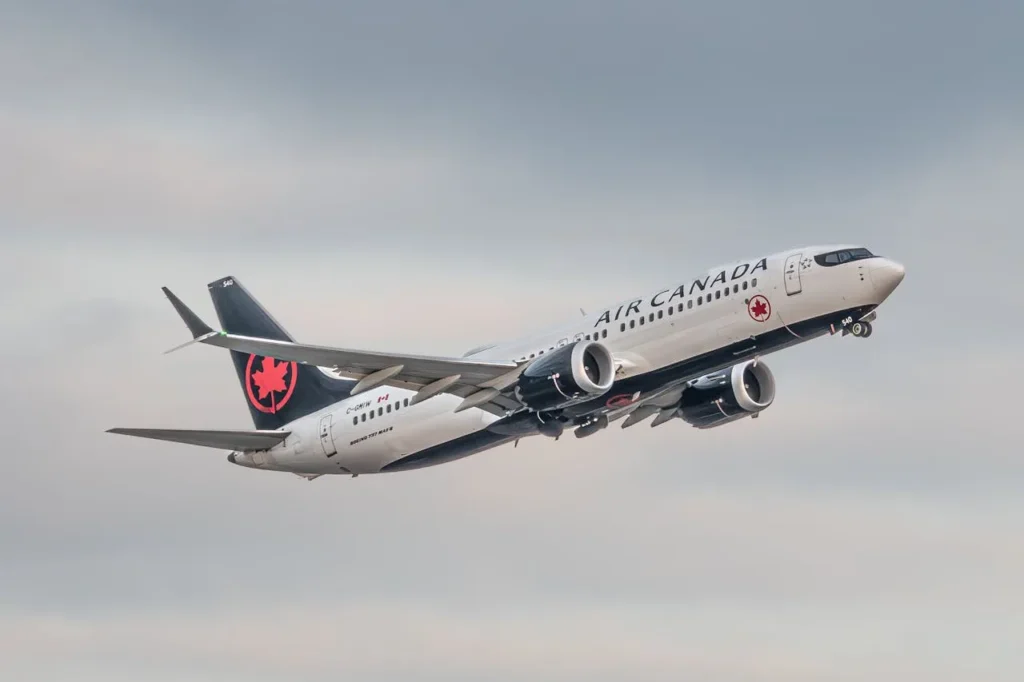
CUPE Files for Conciliation as Air Canada Flight Attendants Push for Fairness
The Air Canada Component of the Canadian Union of Public Employees (CUPE), which represents approximately 10,000 flight attendants employed by Air Canada and Air Canada Rouge, has officially filed for conciliation with the federal Minister of Labour. This legal step comes after months of stalled negotiations and an impasse with the airline over contract renewal talks. The union’s decision underscores growing tensions between flight attendants and Air Canada management as workers demand fair treatment, improved compensation, and safer working conditions.
Long-Standing Contract Negotiations Reach Breaking Point
The current collective agreement between the union and Air Canada expired on March 31, 2025. The contract had been in place since 2015, spanning a decade marked by dramatic shifts in the aviation industry and in workers’ realities. Wesley Lesosky, a veteran flight attendant with 24 years of experience and the President of CUPE’s Air Canada Component, expressed frustration with the airline’s negotiating stance.
“We have put forward fair, reasonable, and long overdue proposals that reflect the reality our members face today,” said Lesosky. “But the company appears to be dragging their feet and not taking the bargaining process seriously.” According to Lesosky, despite substantial changes in the industry and the rising challenges flight attendants confront daily, Air Canada has shown little willingness to engage meaningfully with the union’s concerns.
The Changing Landscape of Air Canada Flight Attendants’ Work
Since 2015, many factors have reshaped the landscape for flight attendants at Air Canada. Workloads have intensified significantly as airlines adjust schedules, reduce staff, and increase flight frequencies to keep up with post-pandemic demand and rising travel volumes. At the same time, the cost of living across Canada has soared, with inflation driving up expenses for housing, food, transportation, and other essentials. Flight attendants, despite working long hours in demanding conditions, have struggled to keep pace with these economic pressures.
Lesosky described the current state of affairs bluntly: “Everything has changed since 2015, but the company refuses to acknowledge reality. Our workloads have soared, the cost of living has skyrocketed beyond belief, and our working conditions are deteriorating every day. The status quo is no longer acceptable.” This candid assessment reflects widespread dissatisfaction among flight attendants who feel undervalued and undercompensated.
The Fight for Fair Compensation
Central to the union’s demands is the issue of fair compensation. CUPE is pushing to end the practice of unpaid work that flight attendants routinely perform but for which they receive no remuneration. This has been a major focus of the union’s ongoing “Unfair Canada” campaign, launched in December 2024, aimed at raising awareness of the unpaid duties flight attendants are required to carry out.
To put this into perspective, an entry-level flight attendant at Air Canada working full-time earns just $1,951.30 per month—an amount many consider insufficient to cover basic living expenses in today’s economic climate. This low pay, combined with escalating job demands, has left many flight attendants struggling to make ends meet.
The unpaid work includes essential tasks such as assisting passengers with mobility challenges, conducting critical safety checks before flights, and managing boarding and deplaning procedures. These activities, vital to airline operations and passenger safety, are typically performed outside of paid hours, creating an unfair burden on flight attendants.
Beyond Wages: Proposals for Improved Working Conditions

The union’s demands extend beyond compensation. CUPE has also tabled proposals to improve scheduling practices to provide flight attendants with more predictable and manageable work hours. These proposals seek to address safety and fatigue concerns by limiting excessively long shifts and ensuring adequate rest between duties—a vital consideration given the safety-sensitive nature of flight attendants’ roles.
Additionally, the union is advocating for enhanced retirement security and better overall working conditions. This includes measures to improve health and safety standards on the job, more comprehensive benefits, and greater respect for flight attendants’ rights and dignity in the workplace.
The Role of Federal Legislation and Government Inaction
Since April 2023, CUPE has been campaigning to bring attention to a legislative loophole in the Canada Labour Code that permits airlines to require flight attendants to work an average of 35 hours per month without pay. This loophole effectively legalizes the unpaid labor that flight attendants report as common practice, further exacerbating the financial strain on workers.
The union’s “Unpaid Work Won’t Fly” campaign has called on the federal government to amend the Canada Labour Code to close this loophole and protect flight attendants from unpaid work. Despite these efforts, the Liberal government has so far declined to acknowledge the issue or take legislative action to support flight attendants.
What Filing for Conciliation Means
Filing for conciliation with the federal Minister of Labour initiates a formal process aimed at resolving the dispute without resorting to job action such as strikes or lockouts. Once the minister appoints a federal conciliation officer, that officer has up to 60 days to work with both parties to help broker an agreement.
If the conciliation process fails to produce a contract settlement, the parties then enter a mandatory 21-day cooling-off period, during which no strike or lockout action is permitted. Following this cooling-off period, if no agreement is reached, the union may proceed to hold a strike vote. Upon a successful vote, the union must give the employer 72 hours’ notice before initiating any job action.
The Stakes for Air Canada and Its Flight Attendants
The ongoing dispute highlights significant tensions within Canada’s largest airline as it faces growing operational challenges and labor unrest. Flight attendants, as frontline workers responsible for passenger safety and comfort, play a crucial role in Air Canada’s operations. Their dissatisfaction and willingness to pursue conciliation and potentially strike action signal a critical juncture for labor relations within the company.
For Air Canada, resolving this dispute is vital not only to maintain smooth operations and customer service but also to preserve the airline’s reputation and employee morale. For flight attendants, achieving fair compensation and better working conditions is essential to sustaining their livelihoods and well-being in an increasingly demanding work environment.
The Air Canada Component of CUPE’s decision to file for conciliation marks a pivotal moment in the struggle for fairness by flight attendants at the airline. As negotiations continue under the watchful eye of a federal conciliator, both parties face pressure to find common ground. Failure to do so could lead to disruptive job action that impacts both employees and travelers.
Flight attendants are demanding recognition of the changed realities they face today—higher workloads, rising living costs, and the necessity of fair pay for all hours worked. The unfolding labor dispute underscores the broader challenges confronting Canada’s aviation sector and the need for meaningful solutions to support essential frontline workers.

